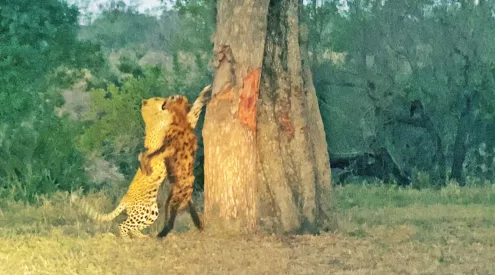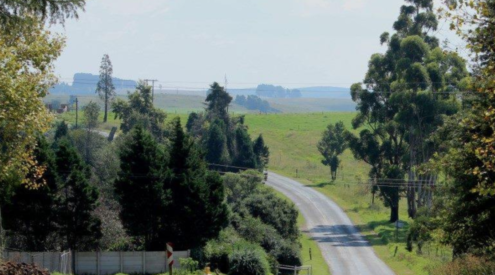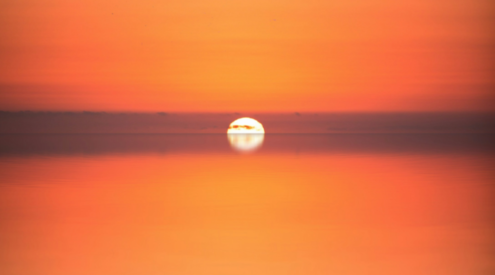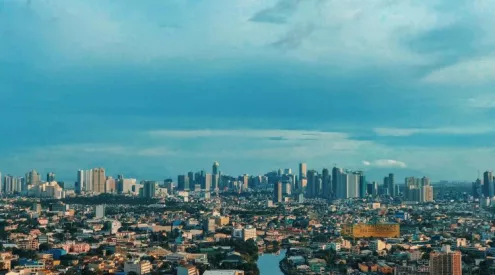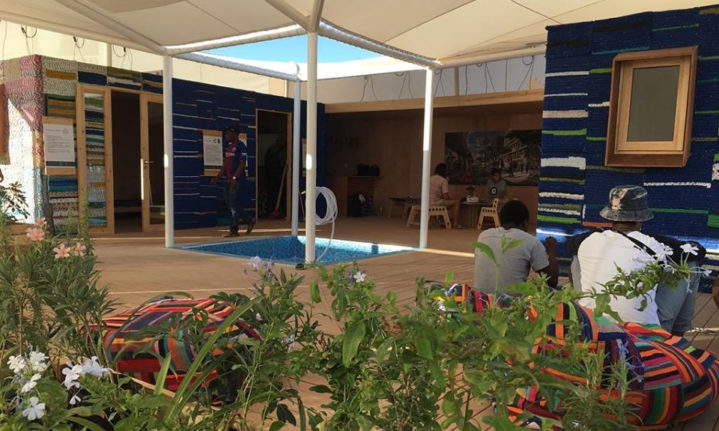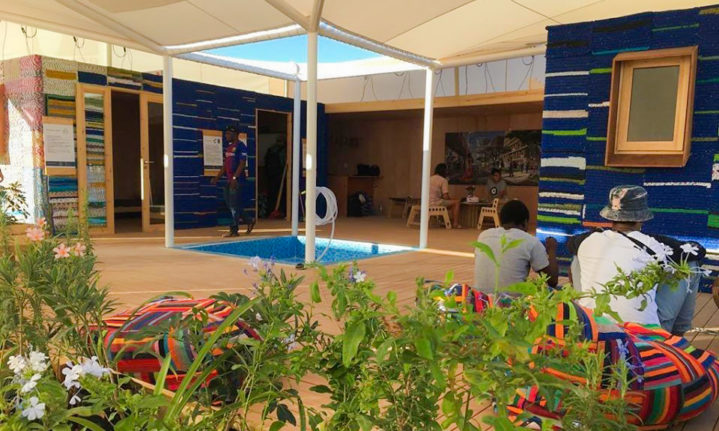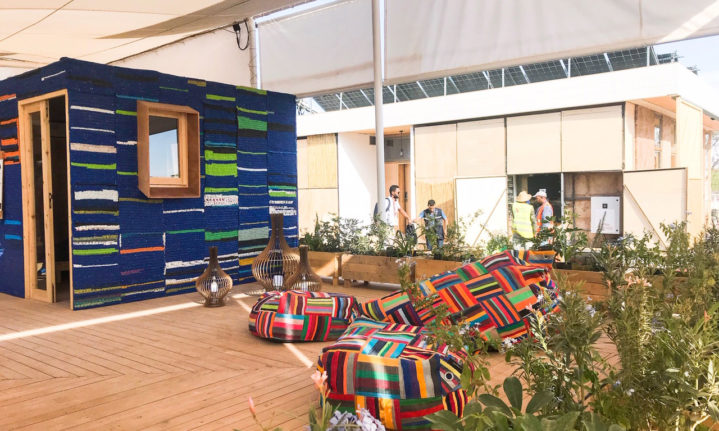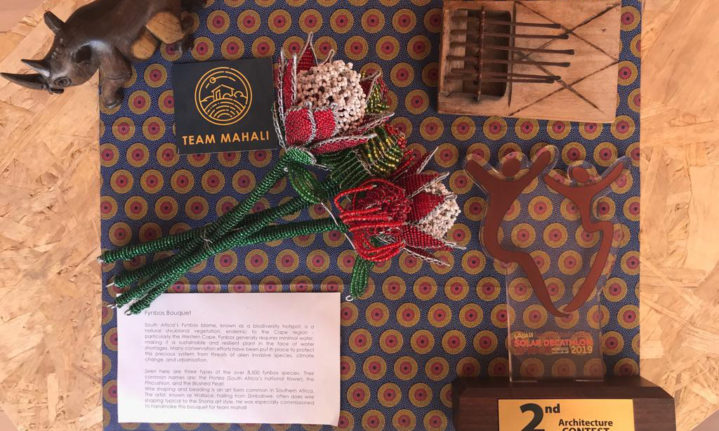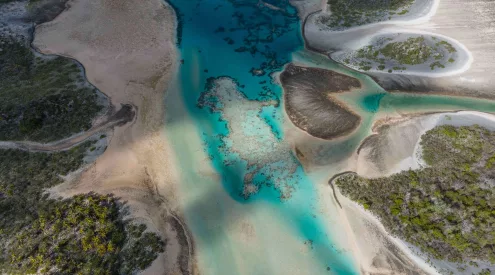A team of eco-innovators from two Cape universities has represented South Africa in the continent’s first-ever energy innovation competition. The Solar Decathlon Africa 2019 (SDA) was hosted for the first time in the ‘green city’ of Ben Guerir near Marrakech in Morocco.
Since May 2018, twenty university teams have competed to be the winners of the first Solar Decathlon Africa, which involves producing a house with the best combination of design, efficiency, and cost-effective innovation.
Team Mahali, a name derived from the Swahili word meaning ‘place’ is the only sub-Saharan team comprised of African students who’ve joined forces from Stellenbosch University and the University of Cape Town (UCT).
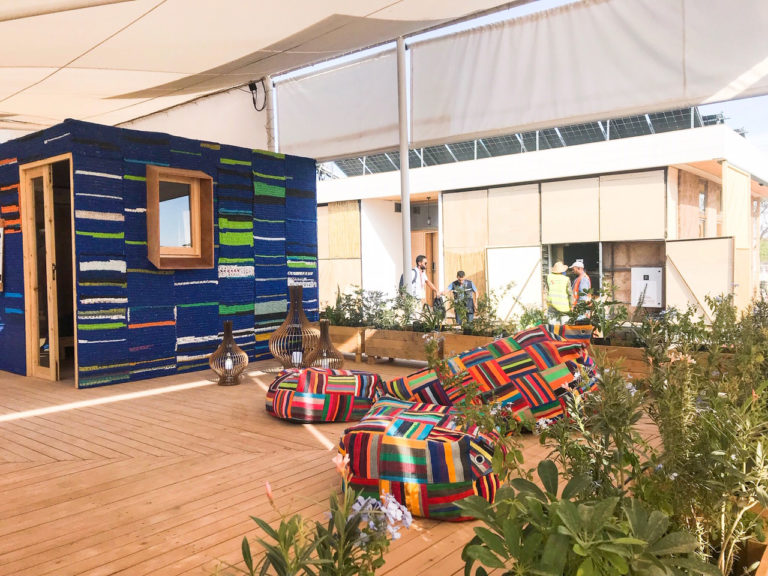
Image: Team Mahali
Mahali was initiated and championed by Sharne Bloem while she completed her masters in Sustainable Development through Stellenbosch University (SU). Having written her thesis on the energy efficiency of green buildings through SU’s Sustainability Institute, Bloem’s architectural background stood her in good stead for this project.
UCT was later approached to join the venture and so its Centre for Complex Systems in Transition joined forces with Stellenbosch.
The team’s objective was to design and construct an affordable and innovative net-zero-energy house, with dimensions between 55m²–110m² and suited to the African geographical context.
How? – by combining solar technologies, green building design principles and local materials.
The actual competition, which evolved over 18 months, took place last month between 13–27 September in Morocco. It was organised and hosted by the Moroccan Research Institute in Solar Energy and New Energies (IRESEN) and Mohammed VI Polytechnic University as well as the local government ministries.
While Team Mahali ultimately placed 14th overall among the 18 teams and houses represented in the solar decathlon, the sustainable housing project did earn Second Place in the competition’s Architecture category.
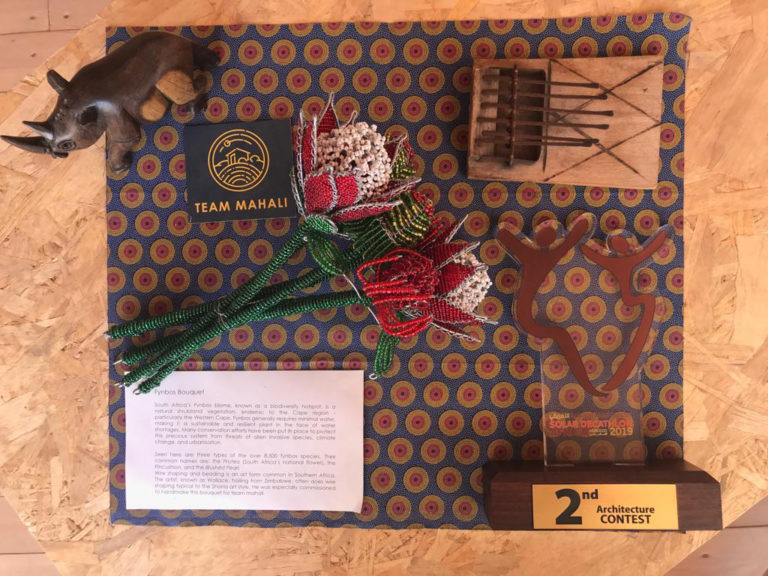
Image: Team Mahali
Mahali House
Mahali House was judged among the 17 other houses in the Moroccan solar village called Green Energy Park in Ben Guerir, the country’s first ‘green city’.
According to UCT, the house’s design was partly inspired by Moroccan architecture and the traditional design of Moroccan riad houses where the living space is built around a central courtyard.
‘These designs have been used for centuries for their exceptional performance in terms of climate control, security, privacy, flexibility and adaptability,’ said Michael Louw, a senior lecturer at UCT’s School of Architecture, Planning & Geomatics.
Using a converted shipping container for the main building, the house was designed using practices and techniques such as biomimicry, circular energy-waste systems and solar technologies to achieve net-zero energy consumption.
Innovative water systems involve harvesting rainwater, and the challenge of plumbing was resolved with the installation of a dry toilet and waterless urinals.
Photovoltaic panels on the roofs store and convert solar energy. The Mahali house bears resemblance to a tree; its steel frame structure is both strong and tensile and branches out into the roof supported by four columns.
Competing teams also had to furnish the houses with conventional living comforts. Using sustainable materials and methods, they had to incorporate entertainment and leisure spaces into the design infrastructure.
Some of the structure’s cladding was produced by repurposing plastic packets to produce ‘plarn’ – a plastic yarn knitted together by local women from Franschhoek in the Cape Winelands.
Team Mahali is also committed to developing skills, providing avenues for employment and encouraging entrepreneurial spirit and holistic sustainability by using local materials and knowledges in embracing the spirit of mahali – place.
Find out more about this innovative local venture and visit mahali.org.za.
Also read: 9 ways to travel sustainably in South Africa


